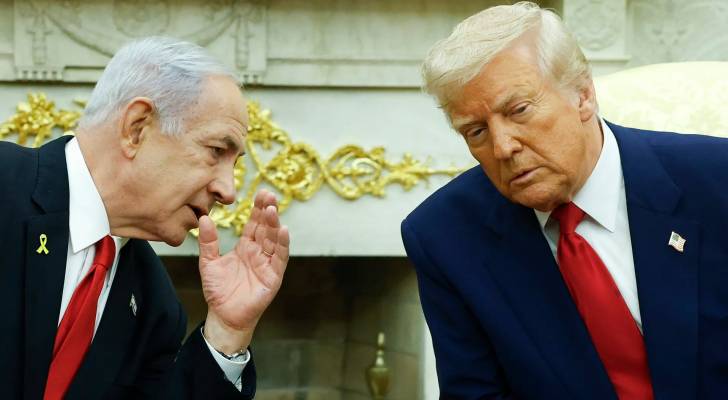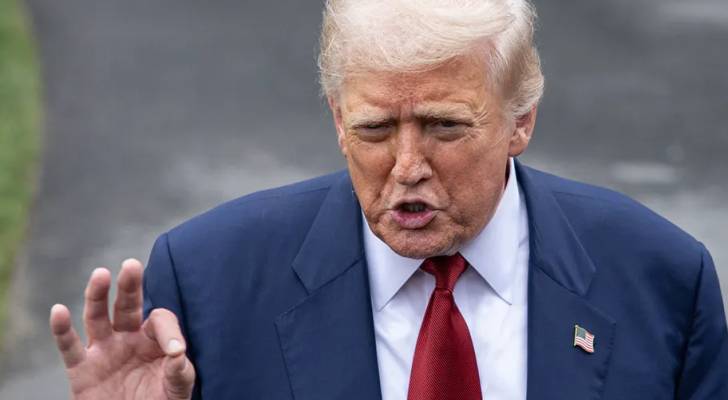Trust first: The foundation of resilience and reform - By Zaid K. Maaytah, The Jordan Times
History makes it clear that nations and political systems can withstand the most severe economic, political, and even military crises as long as they are able to maintain the trust of their citizens. Once that trust is shaken or lost, decline follows rapidly. Trust is the intangible element that gives the states their strength and binds societies to their institutions, no political or economic reform can succeed without a degree of public confidence in the government’s ability to carry it out. In the midst of Jordan’s current economic and security challenges, public anxiety and distrust in the state’s capacity to manage these pressures are growing and undermining political and economic development plans and reducing their chances of success even before they begin.
To understand trust from a scientific and theoretical perspective, the German sociologist Niklas Luhmann argued in the 1970s that trust is the mechanism that reduces uncertainty in complex societies, allowing individuals to feel secure when they expect institutions to act predictably. David Easton, one of the leading political scientists of the 1960s, defined political trust as citizens’ belief that the system is able to meet their fundamental expectations, foremost among them security and stability. In the Jordanian case, these ideas have long been reflected in what citizens commonly call a sense of “safety” which reflects the belief that state institutions can endure and protect them no matter how severe the political or economic storms may be.
Yet in recent years, Jordanians’ sense of economic and social security has declined, accompanied by growing uncertainty and eroding confidence in the stability of the future. Several factors explain this trend, particularly the nature of official communication. A lack of clarity, frequent contradictions, and an emphasis on technical indicators and statistics rather than language that speaks directly to ordinary citizens have all weakened public confidence. The consequences are visible: investors have become more cautious, households have reduced their spending, and a general sense of unease has deepened, feeding into further economic slowdown. Insights from behavioral economics confirm that the first step toward reviving the economy is rebuilding trust, because trust is the foundation that gives any reform effort meaning and a chance of success.
Rebuilding trust requires practical steps rooted in Jordan’s specific context. The first is clarity and consistency in official communication as citizens need coherent messages that reflect a clear vision and reduce uncertainty, combined with concrete actions on the ground that demonstrate both competence and fairness. When this balance between clear messaging and credible action is achieved, trust begins to return gradually, translating into economic benefits through renewed investment and spending, and into political gains by fostering greater participation and willingness to embrace reform. Trust, therefore, is not an end in itself, but an indispensable foundation for the success of any future reform.
We do not need to look to international examples to see how trust can be built in times of crisis. One of the clearest cases comes from Jordan itself, during the early months of the COVID-19 pandemic when the country witnessed an exceptional rise in public trust toward state institutions, which was the result of three main elements: the clarity of daily unified communication, the perception of honesty in conveying the facts, and citizens’ sense of being part of a collective national effort to confront the crisis. These factors brought citizens closer to their government, not as passive recipients of decisions but as direct participants in the national story, and Jordan can revive this same approach today building on it to confront its current challenges, just as society and government once came together in a moment of danger.
The strength of nations does not lie in their economic plans or growth indicators alone, but in the intangible reservoir of trust that binds citizens to their institutions. Trust is the condition that gives statistics meaning and makes policies executable. In Jordan, restoring this trust is not a secondary option or a long-term aspiration, but an essential prerequisite for the state’s resilience and its ability to navigate crises. If rebuilt on the foundations of clarity, fairness, and competence, trust will not only preserve Jordan’s stability but also prepare the ground for a renewed national narrative, one that redefines the relationship between state and society and gives citizens deeper confidence in the future.
Latest News
-
 Trump shouts at Netanyahu in fiery phone call over Gaza hunger: report
Trump shouts at Netanyahu in fiery phone call over Gaza hunger: report
-
 Turkey urges global pressure to halt “Israel's” Gaza plan
Turkey urges global pressure to halt “Israel's” Gaza plan
-
 $50 million: US doubles bounty on Venezuela's Maduro
$50 million: US doubles bounty on Venezuela's Maduro
-
 20 Palestinians killed overnight in "Israeli" Gaza strikes, including 5 waiting for aid
20 Palestinians killed overnight in "Israeli" Gaza strikes, including 5 waiting for aid
-
 Trump says 'billions of dollars' now flowing into US after tariff deadline
Trump says 'billions of dollars' now flowing into US after tariff deadline